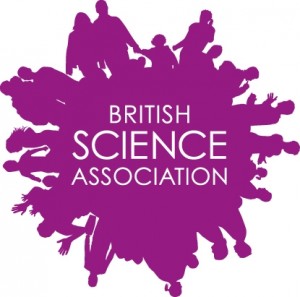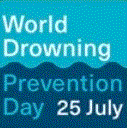The British Science Association run a Media Fellowship scheme for scientists, social scientists, engineers and clinicians to spend the summer working with national news journalists to improve their communication skills and media awareness. It’s a fantastic opportunity for researchers at any stage of their career to spend 3-8 weeks working with print, TV and radio hosts including the BBC, Guardian and Times to produce accurate, well-informed stories about developments in science.
Be behind the headlines!
Scientists, social scientists, engineers and clinicians can experience life in the heart of the newsroom by applying for a British Science Association 2012 Media Fellowship.
Spend 3-8 weeks this summer working with hosts including the BBC, Guardian and Nature to produce accurate, well-informed news about developments in science, and work alongside the UK’s top science editors in the British Science Festival Press Centre. Return to work with media confidence, contacts, and first-class communication skills.
“I came away brimming with ideas, skills and advice for my researcher peers and I met some amazing people with the same values and drive as me. It was extremely interesting, educational and fun I would recommend it to anyone with an interest in the world outside their research bubble.” Media Fellow
The British Science Association welcomes applicants from universities, institutes and industry across the UK and application is online at www.britishscienceassociation.org/mediafellows before 11 March 2012.
Applications are welcome from researchers at all stages of their career and for eligibility criteria, experiences from past Media Fellows, and the online application form go to www.britishscienceassociation.org/mediafellows
Sponsored by RCUK, Wellcome Trust, BBSRC, STFC and the IET




 The “Collaboration Tools for Academics” project has been looking to deliver a useful set of services to the academic community.
The “Collaboration Tools for Academics” project has been looking to deliver a useful set of services to the academic community. 






 On Wednesday this week BU hosted a REF Team-supported event for universities in the south of England explaining the content of the recently released REF Panel Working Methods and Criteria documentation. This was the second REF event that has been hosted at BU in the past 12 months. The first event was held in May 2011 and you can read about it here:
On Wednesday this week BU hosted a REF Team-supported event for universities in the south of England explaining the content of the recently released REF Panel Working Methods and Criteria documentation. This was the second REF event that has been hosted at BU in the past 12 months. The first event was held in May 2011 and you can read about it here:  After break there were four concurrent sessions, each focusing on one of the Main Panels. Event attendees could choose to attend one session. The session were led by:
After break there were four concurrent sessions, each focusing on one of the Main Panels. Event attendees could choose to attend one session. The session were led by:













 Academics write for newspaper in Nepal
Academics write for newspaper in Nepal New paper published on disability in women & girls
New paper published on disability in women & girls Global Consortium for Public Health Research 2025
Global Consortium for Public Health Research 2025 World Drowning Prevention Day at BU
World Drowning Prevention Day at BU Contribute to the HE-BCI survey by sharing your involvement in BU’s social, community & cultural events
Contribute to the HE-BCI survey by sharing your involvement in BU’s social, community & cultural events MSCA Postdoctoral Fellowships 2025 Call
MSCA Postdoctoral Fellowships 2025 Call ERC Advanced Grant 2025 Webinar
ERC Advanced Grant 2025 Webinar Horizon Europe Work Programme 2025 Published
Horizon Europe Work Programme 2025 Published Horizon Europe 2025 Work Programme pre-Published
Horizon Europe 2025 Work Programme pre-Published Update on UKRO services
Update on UKRO services European research project exploring use of ‘virtual twins’ to better manage metabolic associated fatty liver disease
European research project exploring use of ‘virtual twins’ to better manage metabolic associated fatty liver disease